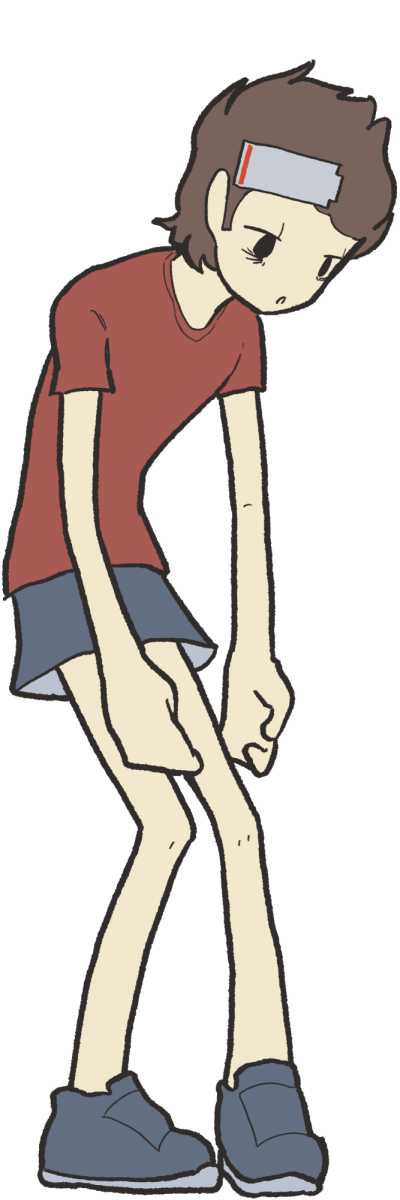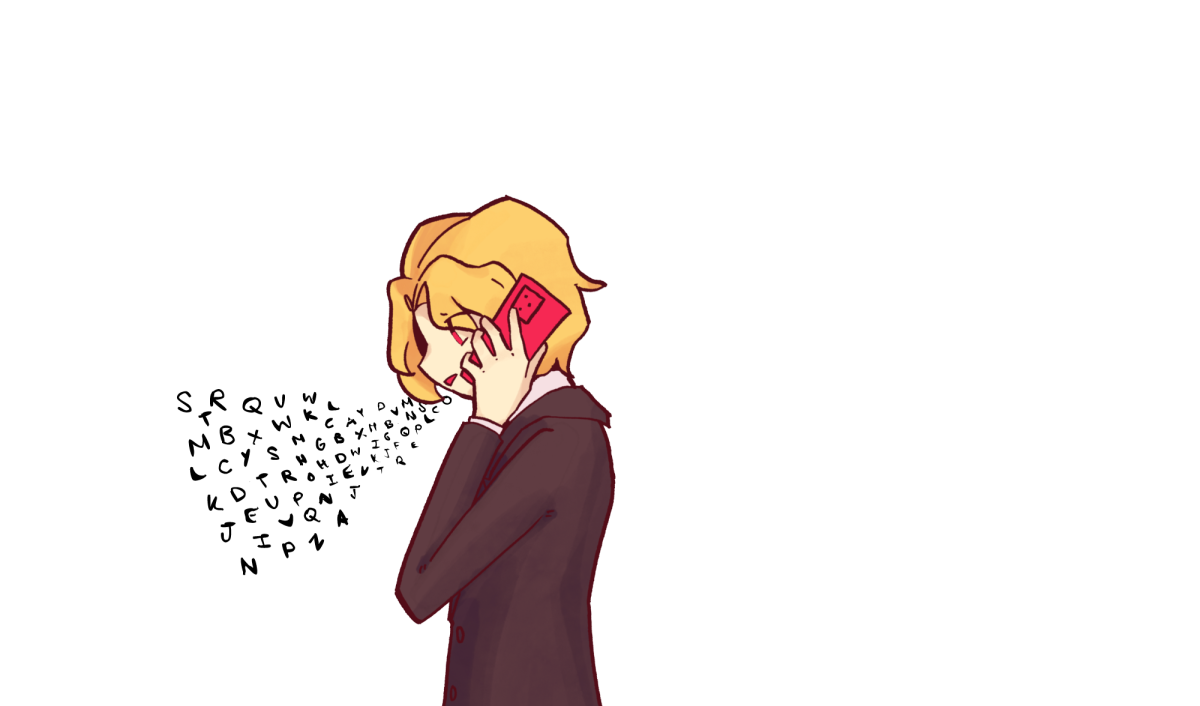Though I’ve always yearned to be a part of the Tolkein fandom, I’m not going to pretend I went to The Hobbit: An Unexpected Journey sporting slightly pointed ears and shoeless feet. In truth, it took me months to trudge through the book: the map bewildered me, the names were too hard to remember and the writing was too bare bones for my taste.
But this film, the first of the Hobbit trilogy, enchanted me in a way the book did not. It transformed the colorless map into a vivid landscape, gave each of the dwarves a face and a distinct character and delivered action so lightning-fast that my vision began to blur.
The adventure commences 60 years before The Lord of the Rings, focusing in on Frodo’s uncle Bilbo who, in this tale, makes the decision to desert his comfortable hobbit hole-in-the-ground for a life filled with constant peril. Bilbo begrudgingly follows Gandalf, the gray-bearded wizard, on a journey with 13 dwarves to take revenge on Smaug, the ruthless dragon that occupies their homeland (Erebor) and hoards their riches.
The simple challenge is getting from point A to point B: from Bilbo’s home (filmed in the exquisite hilly green of New Zealand) to the Lonely Mountain, where Smaug resides. But constant conflict with the creatures of Middle-earth, including bloodthirsty orcs, goblins and trolls, peppers the film with moments of intense struggle, providing Bilbo with opportunities to show he belongs.
Because the story is a mosaic of near-death experiences, the cast uses a necessary dose of impish humor to lighten the mood. This technique seems to work, even in the case of the often-somber Gandalf who often speaks to Bilbo like a quick-as-a-whip teacher would to his cleverest, cockiest student.
The film deepens the relationship between Gandalf and Bilbo by constantly revisiting the question on everyone’s mind: why is Bilbo even here? Ian McKellen (Gandalf) is brilliant in showing his soft spot for the bumbling hobbit, asserting his belief that it is the actions of common men that keep evil at bay.
However, I would have liked to see more in return from Martin Freeman, who plays Bilbo. I never saw an inkling of fear playing in his eyes during the “Riddles in the Dark” scene where he plays a game of riddles with Gollum, who is far scarier than 1,000 charging orcs. Such an integral part of the story demanded more expression and desperation from Freeman as he used his wit to escape the seemingly schizophrenic flesh-monger.
Otherwise, this scene was executed beautifully because the writers allowed a good chunk of time for it to gradually escalate towards an emotional peak. Though at first I was skeptical of The Hobbit being split into three full-length films, I realize now the gift the creators gave their audience. It is a Tolkein fan’s true paradise.
Instead of patching scenes together that are needed to further the plot, the film’s greatest strength is found in details like the intricate architecture of the underground goblin cavern, the haunting interpretation of the Dwarven Song and the story behind the dwarves’ lost home of Erebor that is so vital to the meaning of the journey.
Though I can count the number of women in this film on one hand and 27 animals died during production, my gripes with this film are few. Covering only six chapters in two hours and 46 nail-biting minutes, The Hobbit: An Unexpected Journey is the beginning of what should be an award-winning trilogy and a must-see for wannabe hobbits and humans alike.









